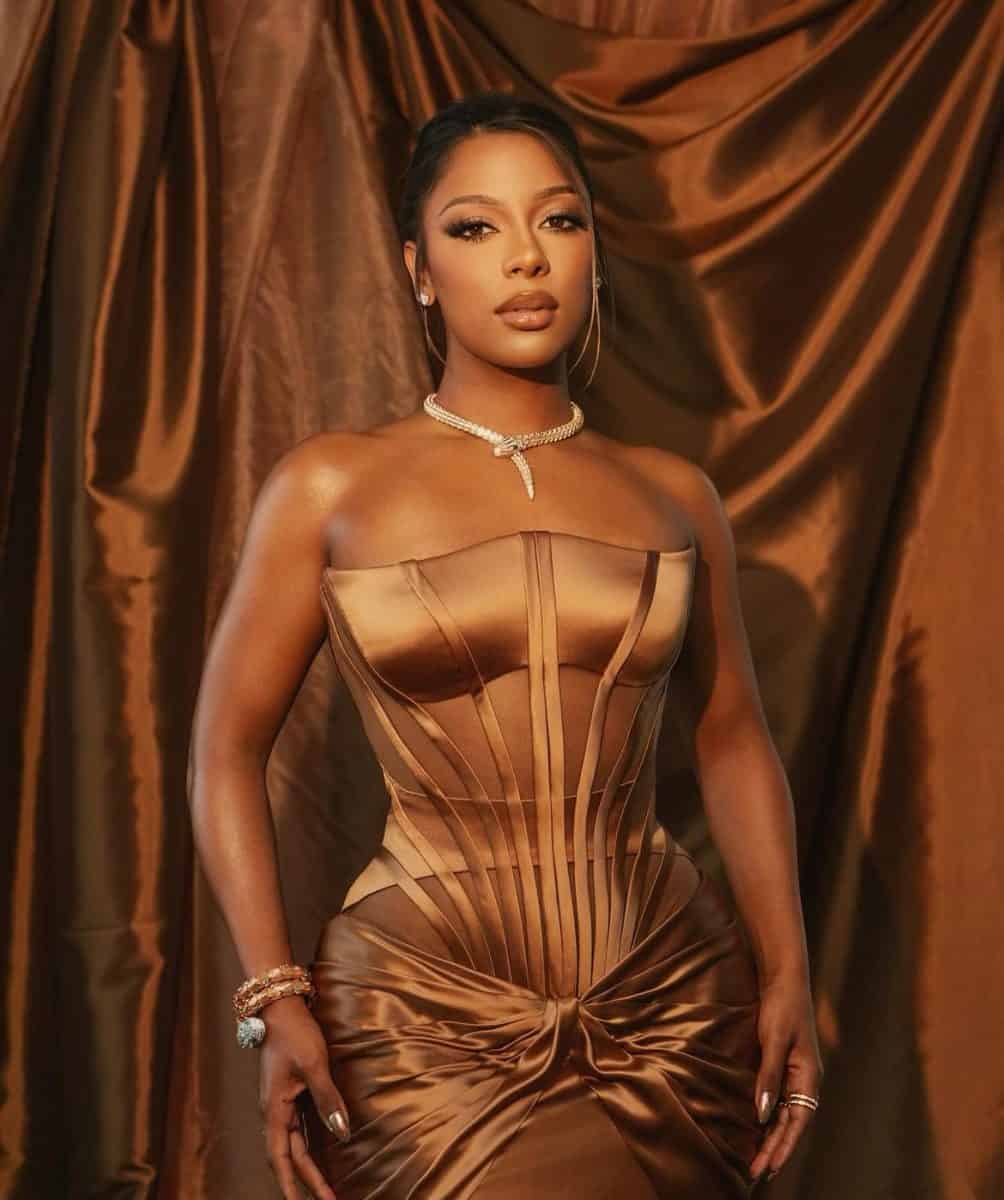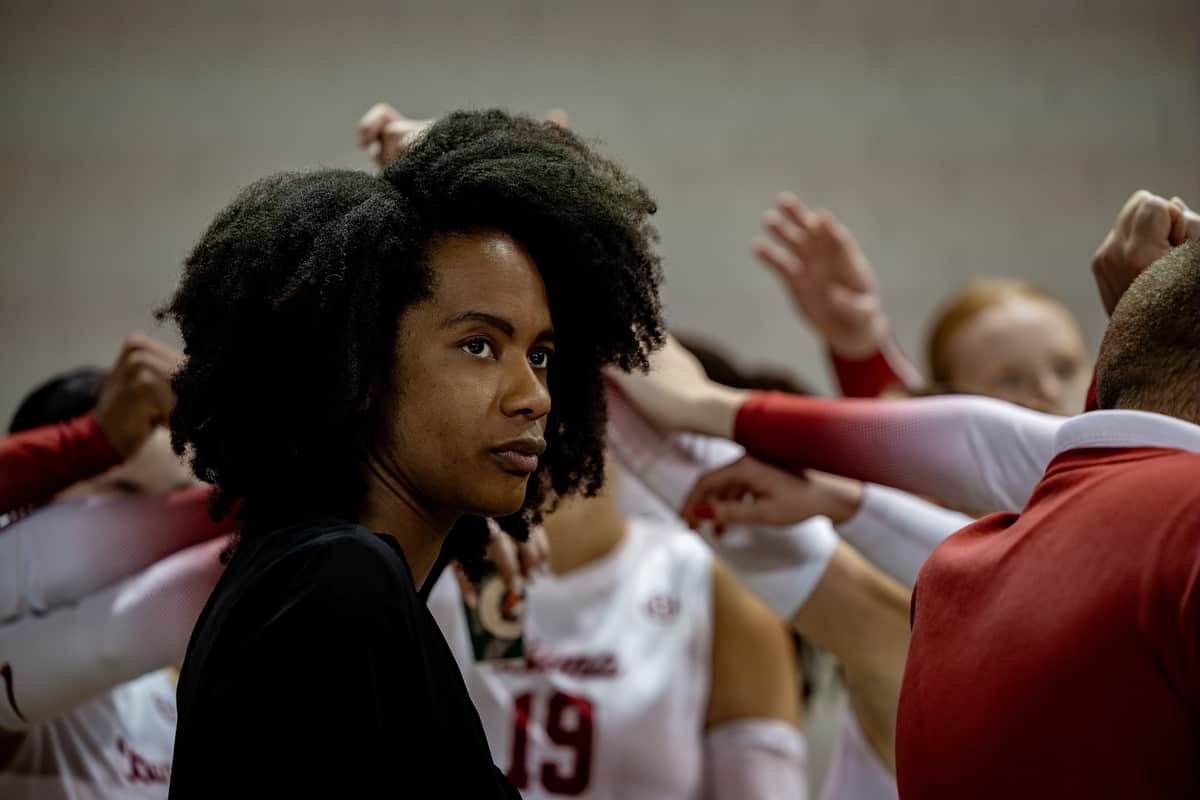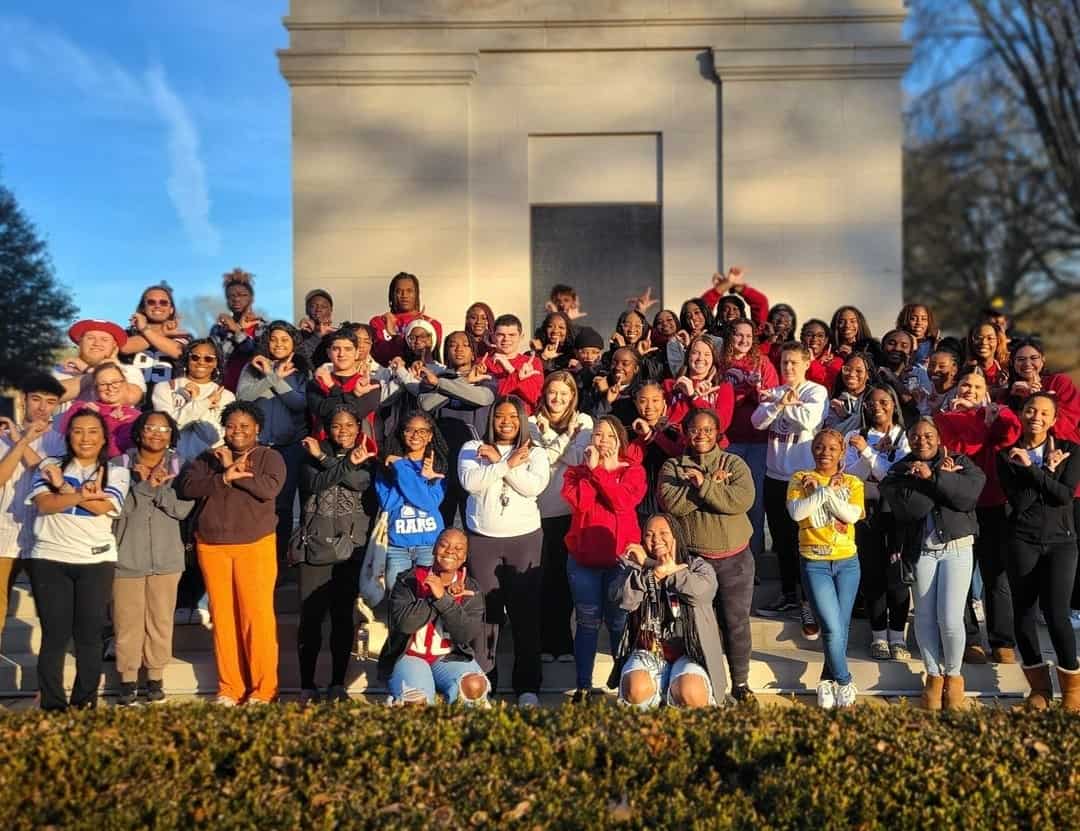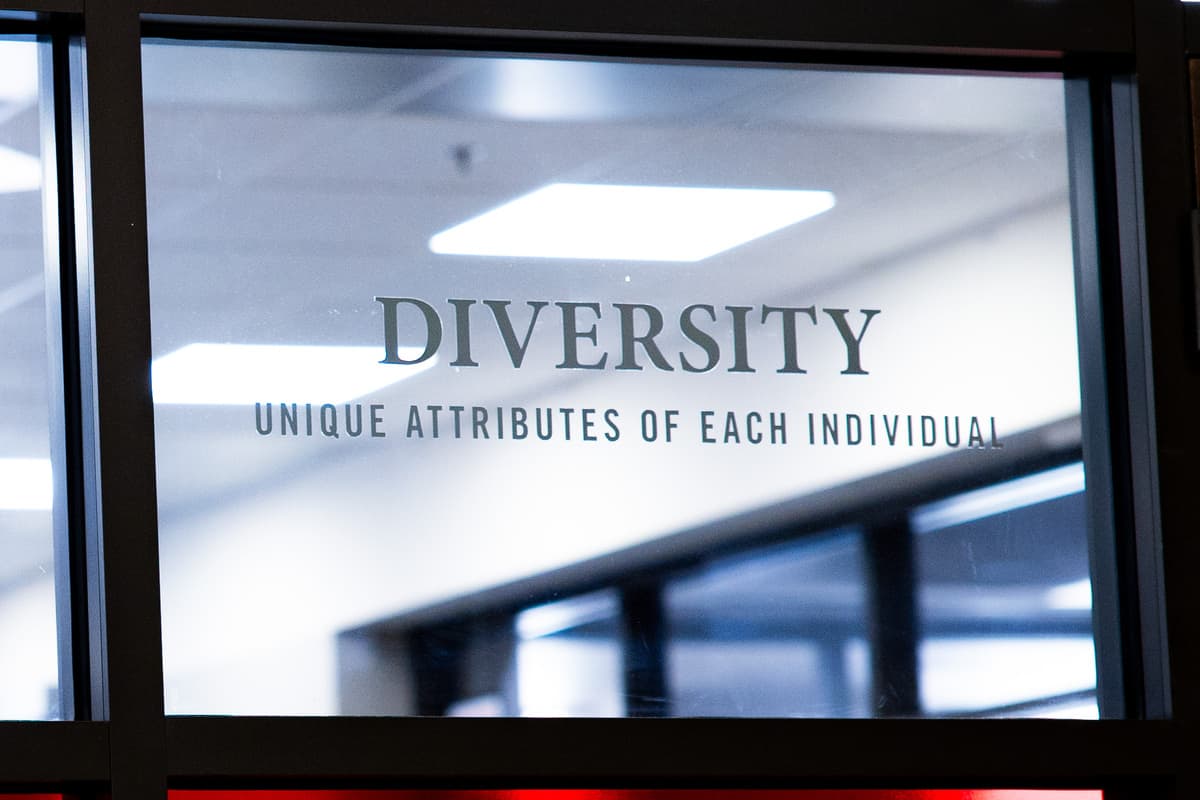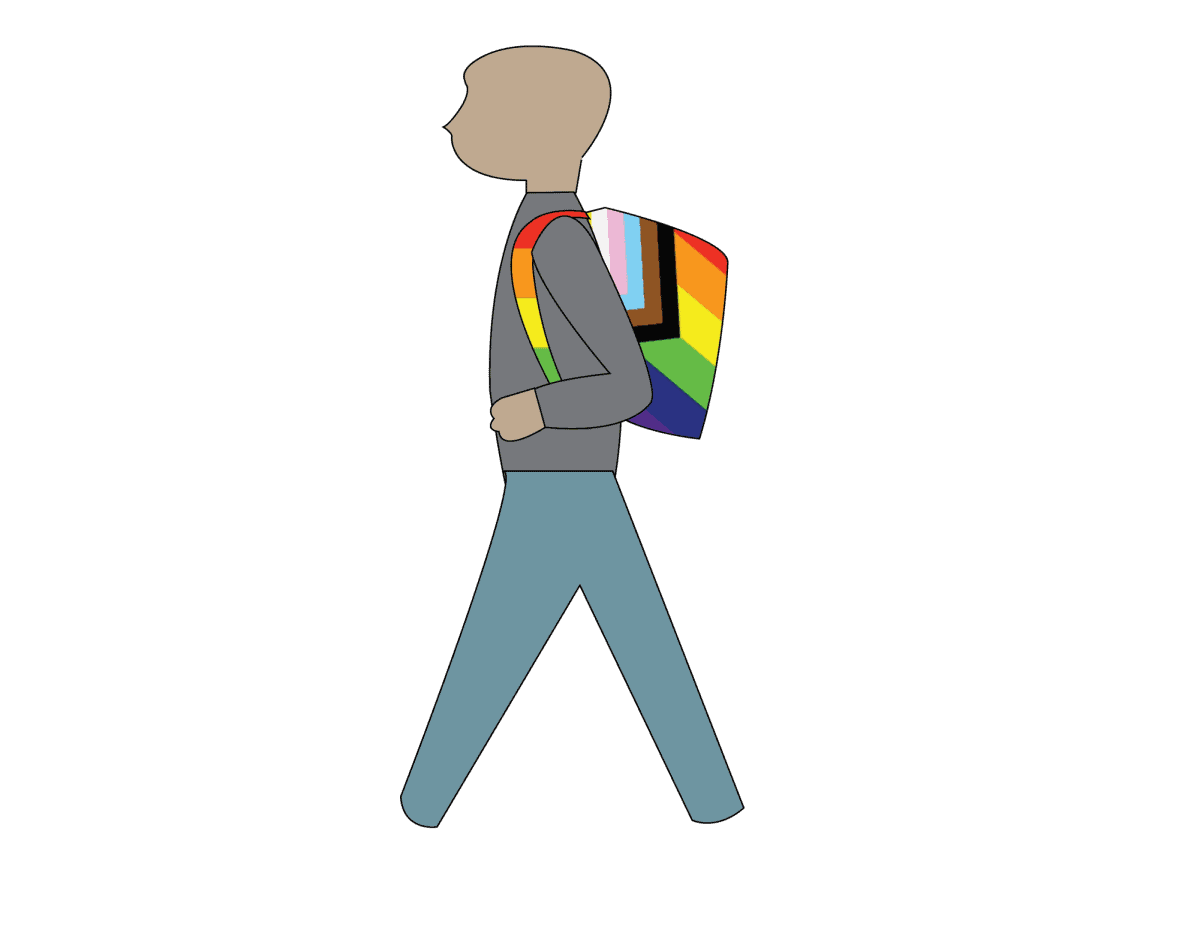“I don’t see color” is a statement supposed to serve as some sort of credibility for those denying discrimination accusations, but it’s really the 21st century’s favorite cop-out. Having to acknowledge racism and how it affects the way we function in Western society today is uncomfortable. Americans hate discomfort.
The root of this cause can be blamed primarily on white fragility. Scott Proudfit, an associate professor of English at Elon University, defines white fragility as “a will to innocence that serves to bury the violence it sits on top of.” This definition reveals how some white people might not realize the privileges they have simply because they’re part of a system that gives them advantages that they don’t notice or pretend not to.
Race affects us in all aspects of our life whether we like it or not, and trying to create a color-blind society directly discredits any struggles for equality that even allow us to be able to have conversations like this.
Color blindness shuts down any room to have a productive conversation about the lives of Black and brown people in this country. According to a study conducted by Pew Research Center, 76% of Black people believe that their race is very important to their identity. From the music we listen to to the food we eat, the clothes we wear, and even the way we speak in white or Black spaces, so much of our identity is to validate the fact that we are Black.
If you ignore the color of the skin of not only us but also our peers, you are not only denying us of our experience, but also those before us, and those who will come after them. It is just going to continue to build upon itself until it is finally acknowledged. The same can be said for social change.
Simply taking a look around The University of Alabama’s campus color blindness allows the subtle segregation of staff to take place. Passivity regarding race in predominantly white spaces allows for the absence of minorities in various groups and institutions.
When the U.S. during the 1970s is compared to how things are now, many say there’s been a lot of progress socially, which for some creates a lack of urgency regarding any calls for further improvement. Thinking this way suggests that while more progress is needed, we’ve already come a long way compared to the past, so people think things are OK as they are.
This implies that ideas of and benefits of things like privilege that stem from racism should be forgotten and ignored. After all, if you’re blind to color you’re also blind to the struggles that are attached to it.
Advocacy and activism are two valuable assets in social change, because they require not only the oppressed to be involved, but also those who are part of the more privileged society. The cop-out “I don’t see color” directly impedes this, all while glorifying ignorance and scrutinizing awareness. Ignoring problems does not make them go away; they’re persistent and never ending. You can always count on them to be there, like bills on the first of the month.




